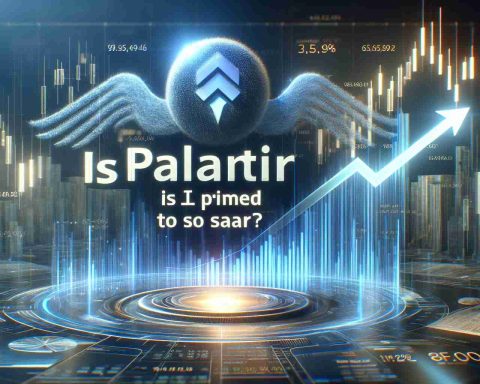In the evolution of gaming, U Stock emerges as a groundbreaking concept, poised to revolutionize virtual economies and the player experience. This novel financial mechanism, inspired by real-world stock markets, allows players to invest in virtual companies within game ecosystems. Unlike traditional in-game currencies, U Stock seamlessly mimics the fluid dynamics of stock trading, introducing a strategic layer not seen before in the gaming industry.
The idea behind U Stock is to provide enthusiasts with a portfolio of companies that represent various in-game assets and developments. As players engage with these virtual environments, the performance of these companies—birthed from player-driven activities and success—shapes the value of their stock. This setup presents a dual-benefit scenario, where players not only enjoy the gaming experience but also become active stakeholders in the virtual economy.
Tech innovators are exploring blockchain technologies to support U Stock, ensuring secure, transparent transactions and authentic stockholding experiences. The implementation of blockchain could further allow cross-game transactions, a feature that encourages an interconnected gaming universe. The potential for gamers to engage in speculative activities, similar to financial markets, is anticipated to bring a new level of engagement and investment.
As U Stock gains traction, it’s expected to open doors for developers to create more immersive and financially complex worlds. This new perspective symbolizes a shift in how we perceive gaming’s role, not just as entertainment but as a platform for economic innovation. With its promising potential, U Stock might just be the next big evolution in gaming.
The Hidden Risks and Rewards of U Stock: Gaming’s Financial Frontier
As the gaming industry prepares for the U Stock revolution, another layer of complexity emerges, bringing both opportunities and challenges. While the allure of merging financial ecosystems with gaming worlds is compelling, it also raises pertinent questions: What ethical considerations must developers address, and how might this shift affect youth engagement with games?
U Stock’s Double-Edged Sword
The introduction of U Stock could redefine gaming as an investment vehicle; however, this opens a Pandora’s box of ethical concerns. Does introducing a stock market in games inundate young players with complex financial topics prematurely? Critics argue that exposing minors to speculative markets could lead to gambling-like behaviors. Conversely, proponents hail U Stock as an educational tool, potentially offering young gamers invaluable insights into economics.
Economic Inclusivity or Division?
While U Stock can democratize access to virtual economies, it might also deepen socioeconomic divides within gaming communities. Players with more disposable income may have a clear advantage, paralleling real-world economic disparities. Ensuring fair access and balanced play is an ongoing discussion among developers and policymakers.
The Future of Game Development
On the upside, U Stock encourages developers to create richer, more interactive worlds that engage players in unprecedented ways. Gamers become co-creators, influencing market dynamics, leading to an even more tailored gaming experience.
Links to Explore: Dive deeper into the world of blockchain with Blockchain and discover gaming shifts at IGN.
As U Stock gains momentum, the industry must navigate these challenges, ensuring that this innovative blend of gaming and finance serves the broadest spectrum of players responsibly.



















